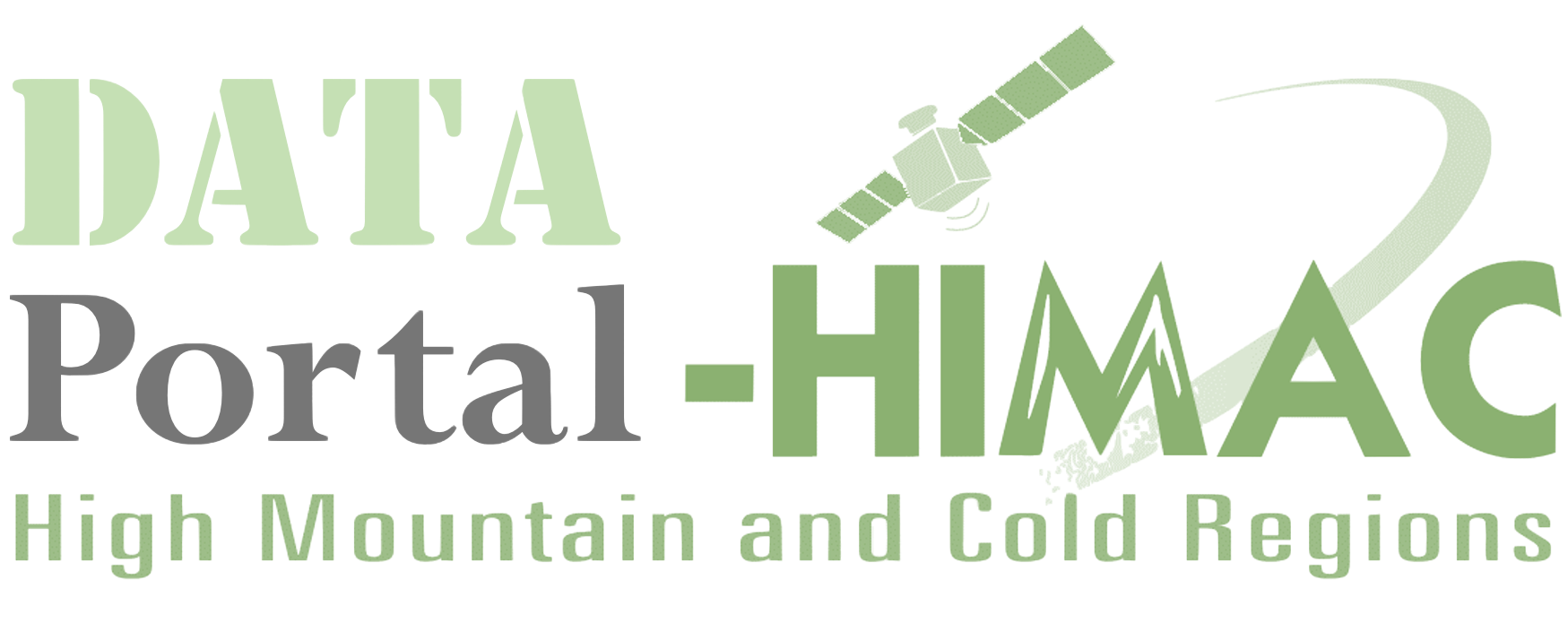Norwegian Satellite Earth Observation Database for Marine and Polar Research
Data and Resources
Additional Info
| Field | Value |
|---|---|
| Source | https://normap.nersc.no/home |
| Last Updated | May 26, 2021, 02:11 (UTC) |
| Created | October 6, 2020, 10:32 (UTC) |
| Country | Norway |
| Data Management | Data Management Plans (DMPs) are a key element of qood data management.A DMP describes the data management life cycle for the data to be collected, processed and/or generated by a Horizon 2020 project. As part of making researchdata findable, accessible, interoperable and re-usable(FAIR),a DMP should include nformation on: the handling of research data during and after the end of the project what data will be collected, processed and/or generated which methodology and standards will be applied whether data will be shared/made open access and how data will be curated and preserved(includina after the end of the proiect). A DMP is required for all projects participating in the extended ORD pilot, unless they opt out of the ORD pilot. However, projects that opt out are still encouraged to submit a DMP on a voluntary basis |
| Data Policy | Data sharing and reuse of research data have received increasing international attention in recent years. In 2007, the OECD published its "Principles and Guidelines for access to research data from public funding", and in European research we must now comply with the "Guidelines on Data Management in Horizon 2020". Sharing research data has many benefits. The Research Council emphasizes, among other things, that “Better access to research data strengthens the quality of research, both because results can be more easily validated and verified, and because data can be used in new ways and in combination with other data. Open access to research data contributes to fewer duplications and unnecessary duplication of work and can facilitate more interdisciplinary research ”. The Research Council has formulated a separate policy in this area which states that “publicly funded research data shall contribute to research data being available to relevant users, on equal terms, at the lowest possible cost. The guidelines in the policy apply to all data in projects that are funded by the Research Council - with some exceptions ”. The policy guidelines describe how the data should be archived, made available to others and how it should be shared. Key words are embargo periods, use of licenses on research data, the need for a long-term plan for data management and more. Partners in NMDC are concerned with good management of research data and adhere to guidelines and recommendations from the Research Council and European Research Management. Some of the institutions have formulated a separate policy regarding data management, possibly limited to "data sharing" and several are in the process of formulating guidelines on this. The NMDC project encourages everyone to design their own policy documents in this field. Documents |
| Data Sharing Principle | The specific aims and objectives of these Principles and Guidelines are to: · Promote a culture of openness and sharing of research data among the public research communities within member countries and beyond; · Stimulate the exchange of good practices in data access and sharing; · Raise awareness about the potential costs and benefits of restrictions and limitations on access to and the sharing of research data from public funding; · Highlight the need to consider data access and sharing regulationsand practices in the formation of member countries' science policies and programmes; · Provide a commonly agreed upon framework of operational principles for the establishment of research data access arrangements in member countries; · Offer recommendations to member countries on how to improve the international research data sharing and distribution environment. |
